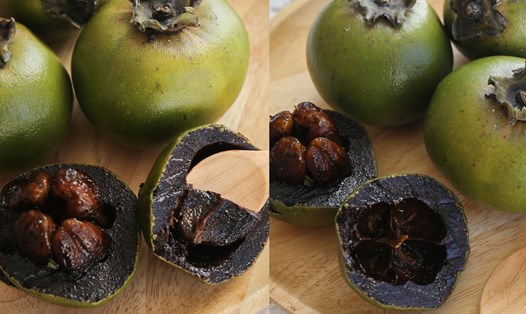On a quiet afternoon in Halfeti town, while sitting at a restaurant enjoying the fragrant grilled carp, diners can watch the quiet water flowing under their feet. Few people know that that place used to be paved with ancient roads, whitelide-swept houses and a bustling residential area - all hours lying still under the clear blue water.
Located in Sanliurfa province, Southeast Turkey, Halfeti used to be a gentle land along the Euphrates River. But in 2000, everything changed permanently when the huge Birecik dam was completed. The rising water submerged about 40% of the town and other villages in the area. More than 6,000 people were forced to evacuate. The ancient streets and the 19th-century Merkez Islamic stone church are also submerged deep under the new lake.
Of course, its not easy, Erhan Yildirim, a local guide proficient in history, said slowly. You cant bring the culture back; its already underwater.
However, life continues - in the rest of town, rising high on the water surface so it remains intact. People adapt by opening cafes and restaurants from old houses, welcoming curious tour groups to the " sink city". They come to see ancient ruins by boat, water motorbike, or even diving down to explore.
Black roses and the legend of sad love story
When the black roses bloom in Spring in Halfeti, everywhere seems to have a sad beauty. That strange flower - velvet-black, growing only here - is what made the reputation of this half-sunk land.
Unlike any other flower, Halfeti's black roses are not the result of laboratory breeding or artificial sweeping. It is a natural gift of the land, the water of the Euphrates River and the unique climate here. Otherwise, flowers would never be so black - Yildirim firmly affirmed.
Experts say that the color of this rose is not reallyurid black, but dark red. "I don't think any flower called black is really black," said world-famous rose expert Michael Marriott. However, he said that some dark red roses can be as dark as black, especially in the budding stage, before turning firmer when blooming.
Halfeti black roses only bloom in warm months, from around March to June, then gradually turn dark red in the fall. Local residents believe that only the land in Halfeti can produce that magical black color. They have created many products extracted from black roses such as: ice cream, tea, soap. International brands also take advantage of the appeal of this flower. British perfume company Penhaligon's even named its black rose "Halfeti".
Black roses in Halfeti are also associated with a legend of a sad love story, that: A young girl and a village boy have a deep love for each other, but are banned by two families. Too miserable, the two jumped into the Euphrates River together and then retired. Since then, all roses in the town have turned black, instead of red.
Today, that flower is not only a symbol of Halfeti, but also a testament to a deep emotion - despair, loyalty, and the mysterious sadness of a land that is partly submerged in water.
Quietly along the Euphrates River
Despite the devastation caused by time and humans, Halfeti still retains its ancient beauty. Just take a small boat, turn the water downstream for about an hour, and you will reach rumkale fortress - which was once the stronghold of the Korean monks, then it was once occupied by Mamluk and then the Ottoman empire.
The remaining stone walls of the fortress, toweringly reflecting on the river, evoke the feeling of getting lost in a world that has been sleeping peacefully for centuries. The impressive architectural style of the fortress is imbued with layers of history, reflecting the influence of indigenous religion and culture through every detail.
Since 2013, Halfeti has become a part of the Cittaslow network - "slow cities" committed to preserving traditional vibrations, cultural identity and sustainable living environment. This makes Halfeti different from a rapidly urbanizing Turkey.
Hafeti people feel deeply attached to the rich history of the town, Yildirim shared.
One thing is for sure: Those who have come here - even once - all carry a feeling of being unnameable. It was as if touching a memory that was not mine alone, but of an entire land that was filled with sound - then suddenly sinking, silently under the blue water.










